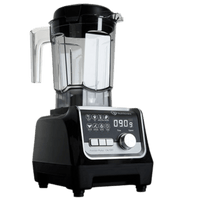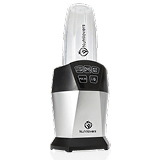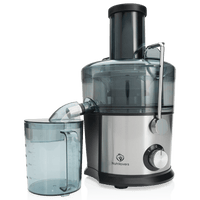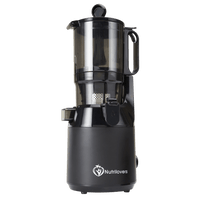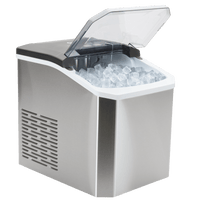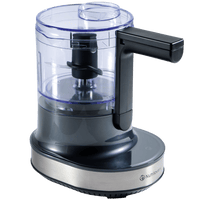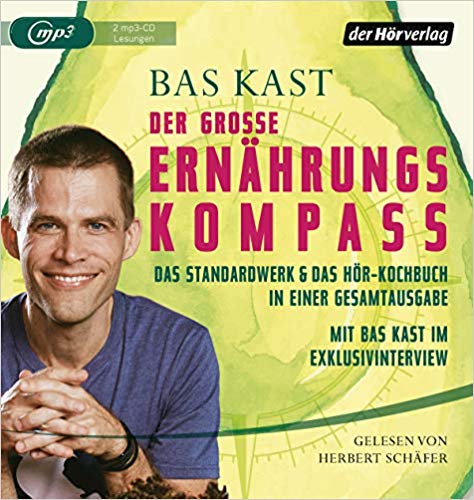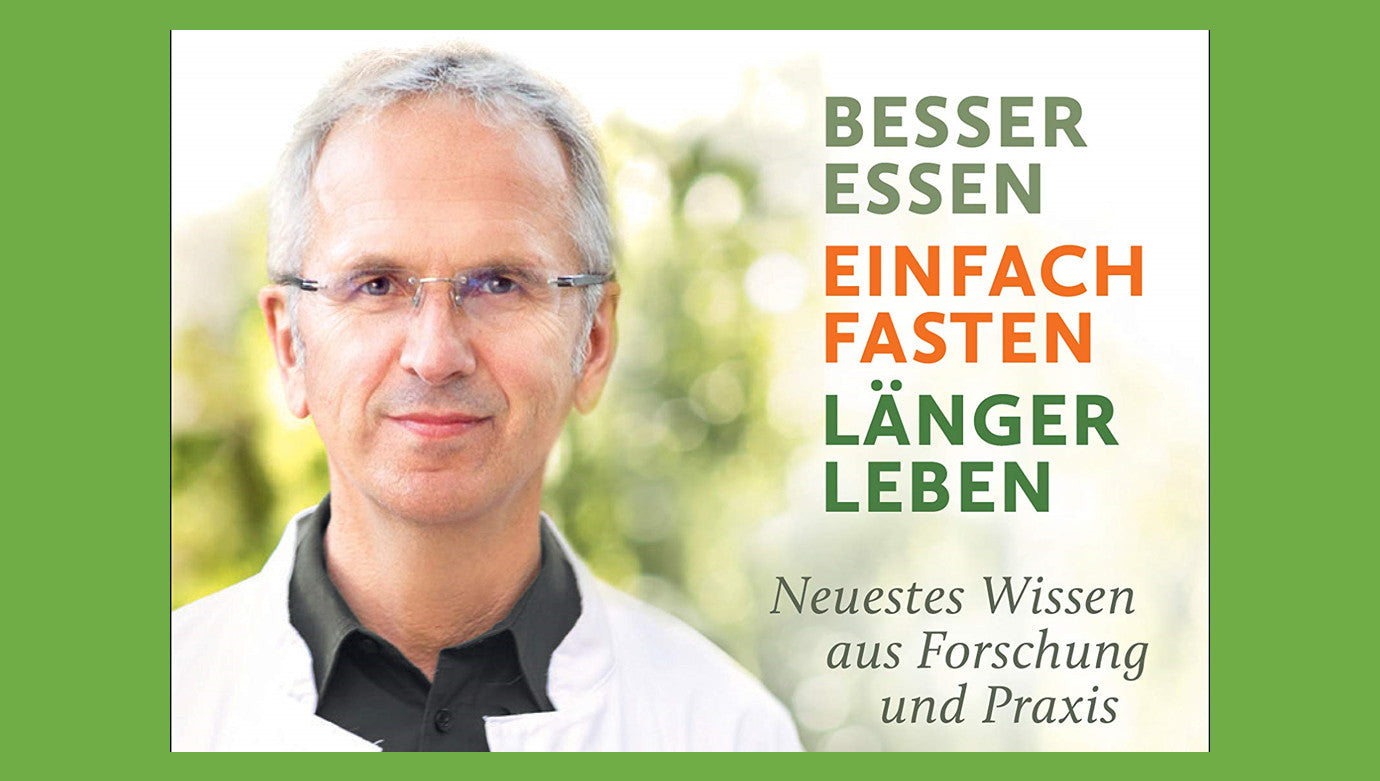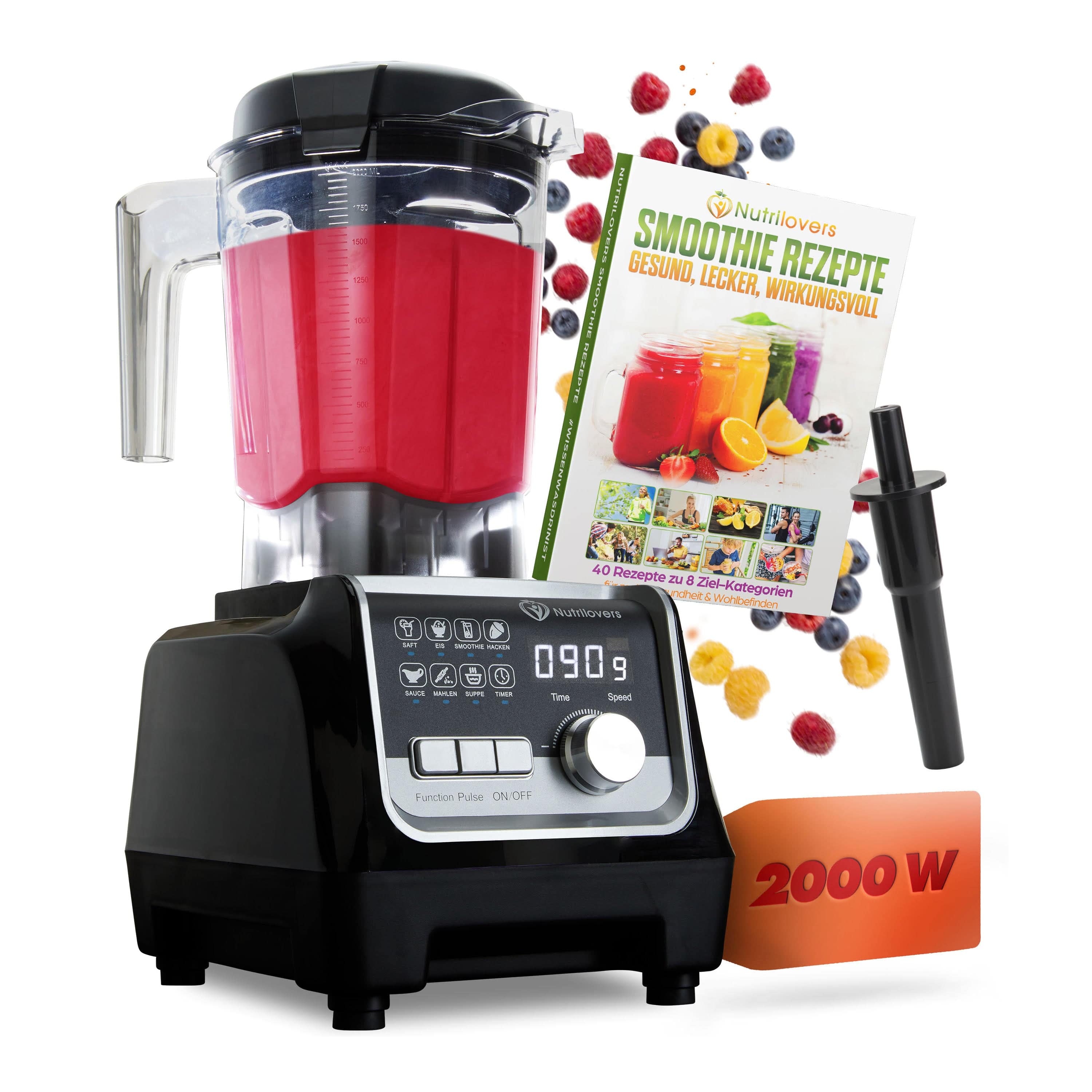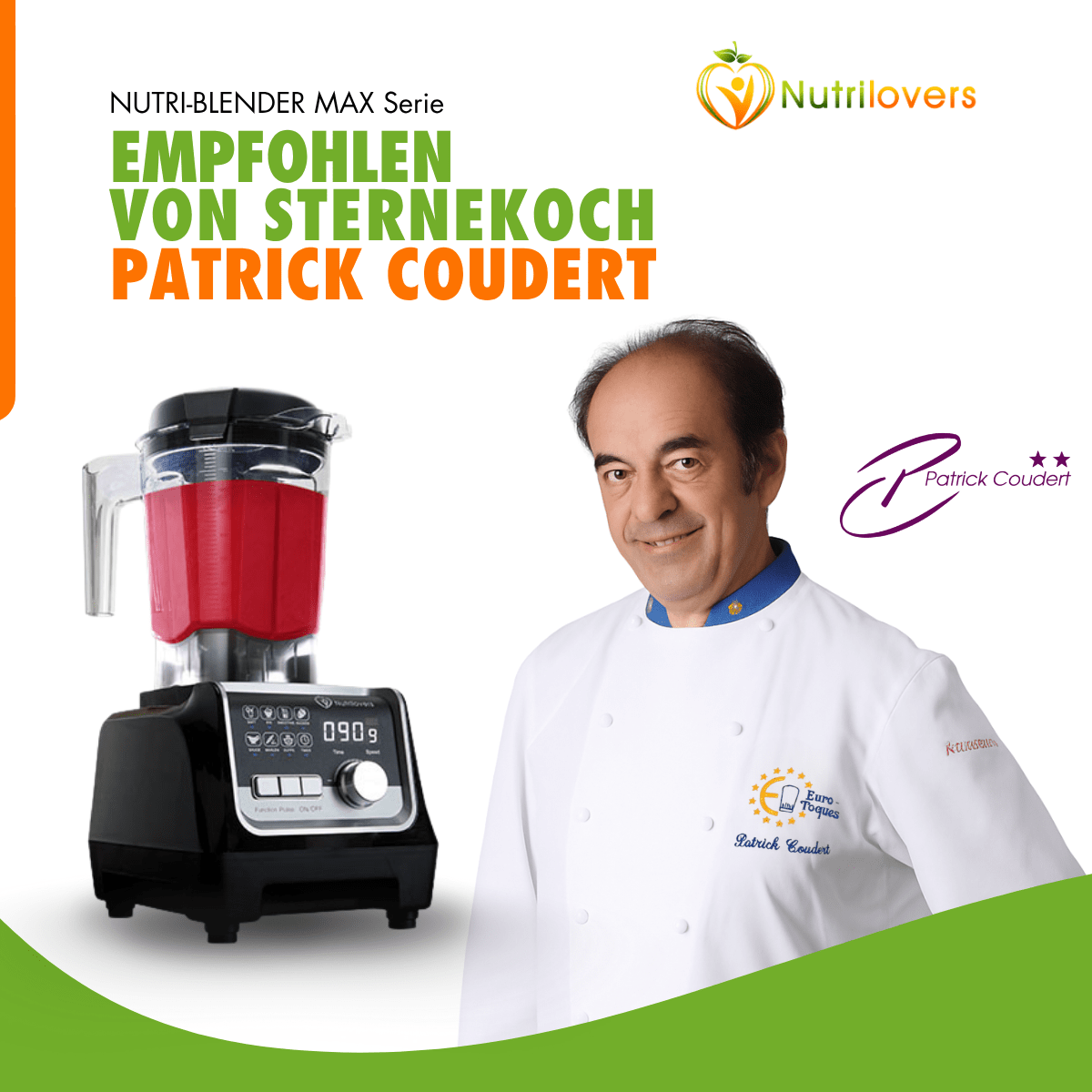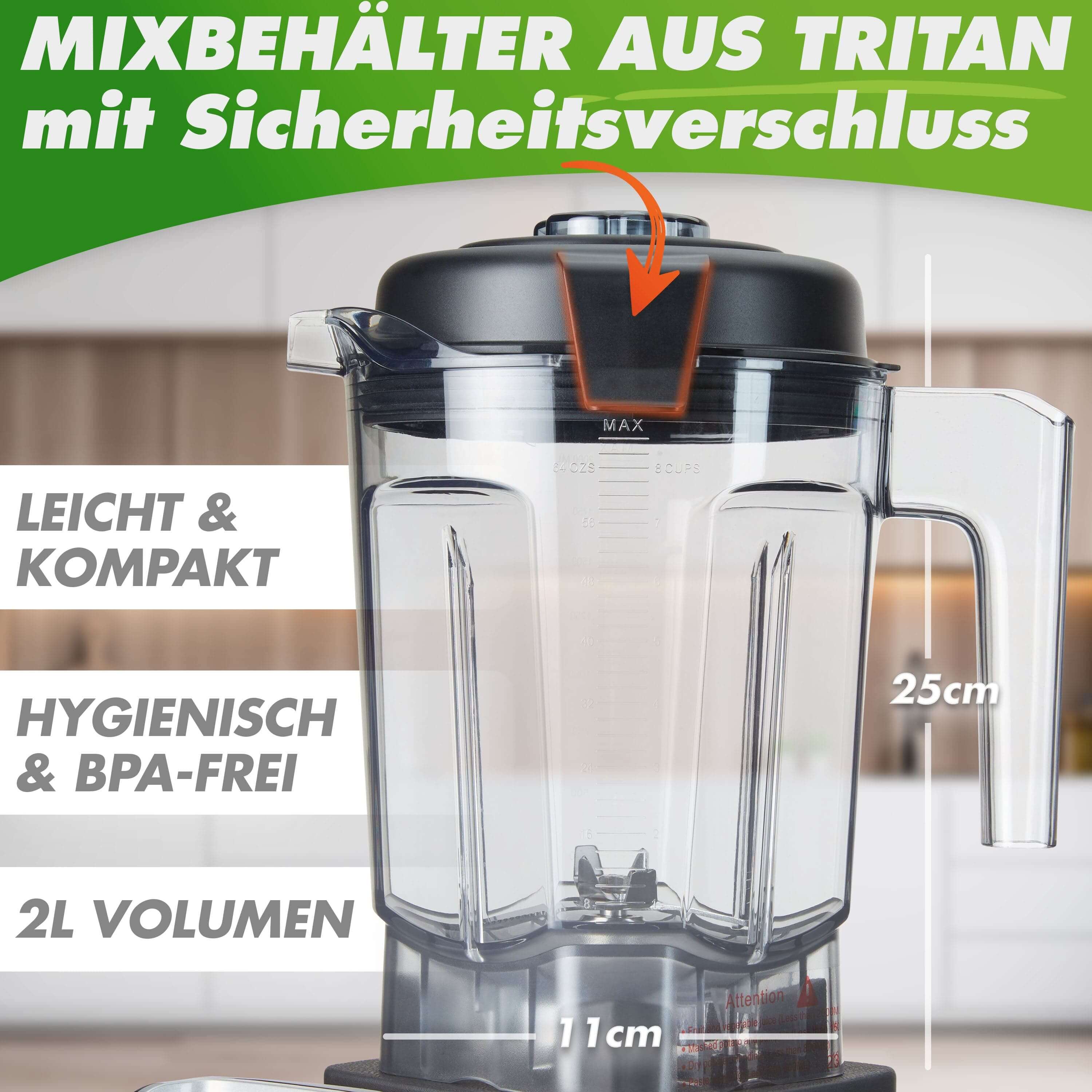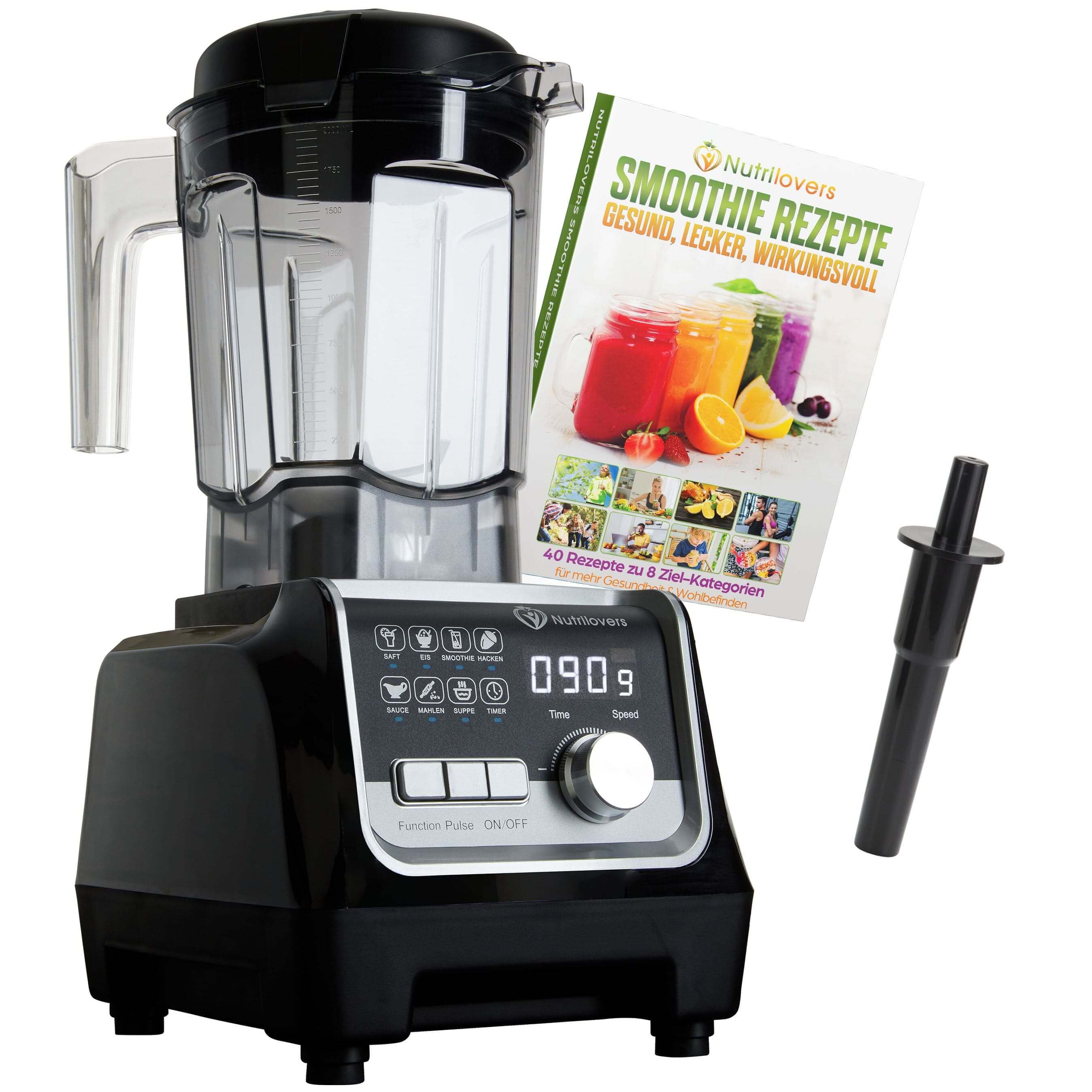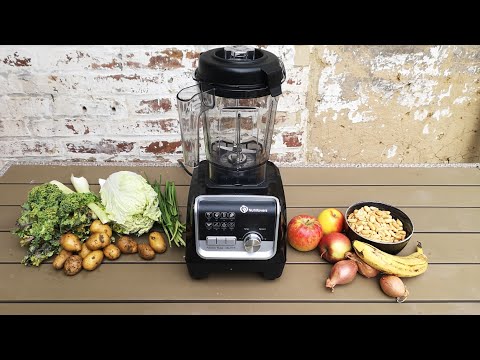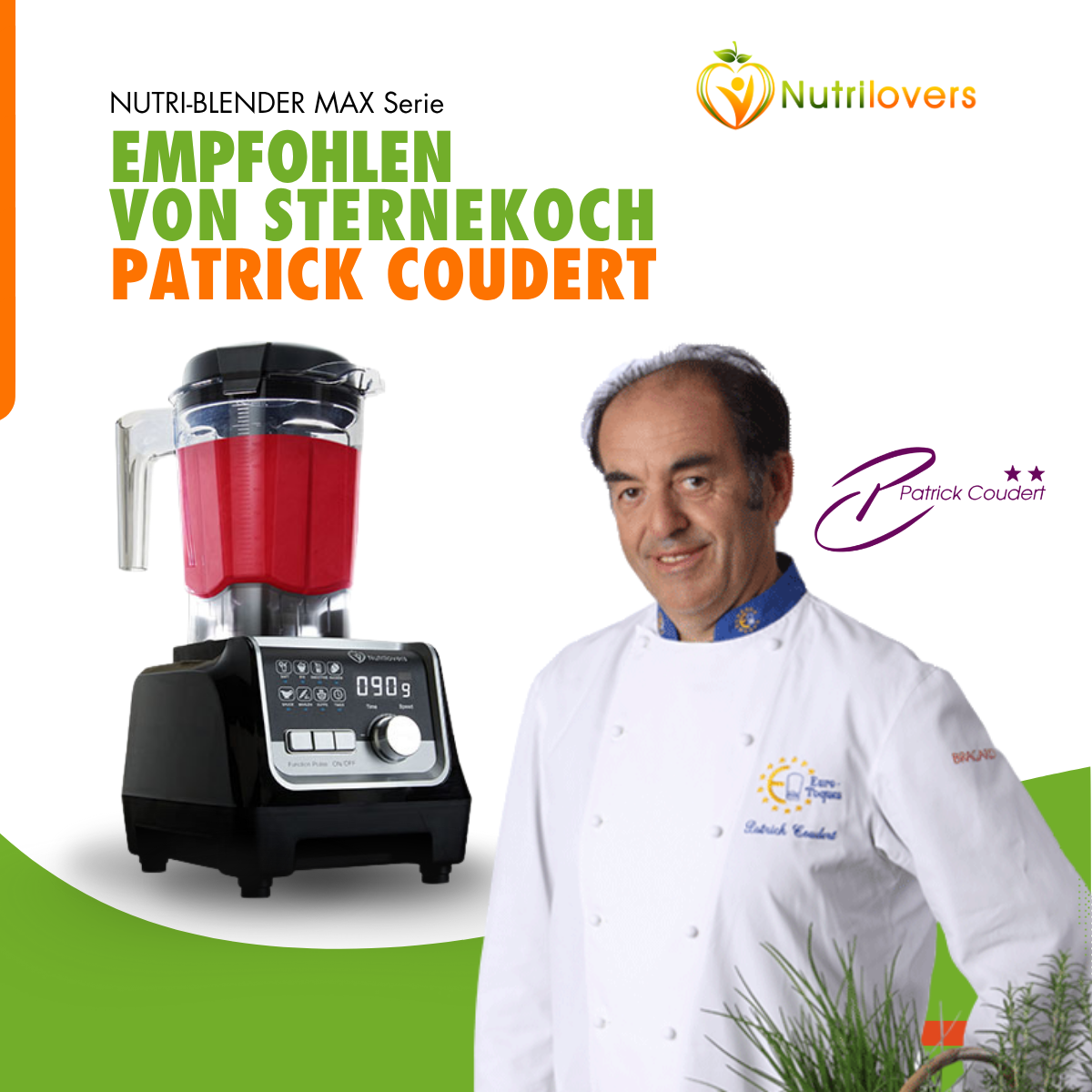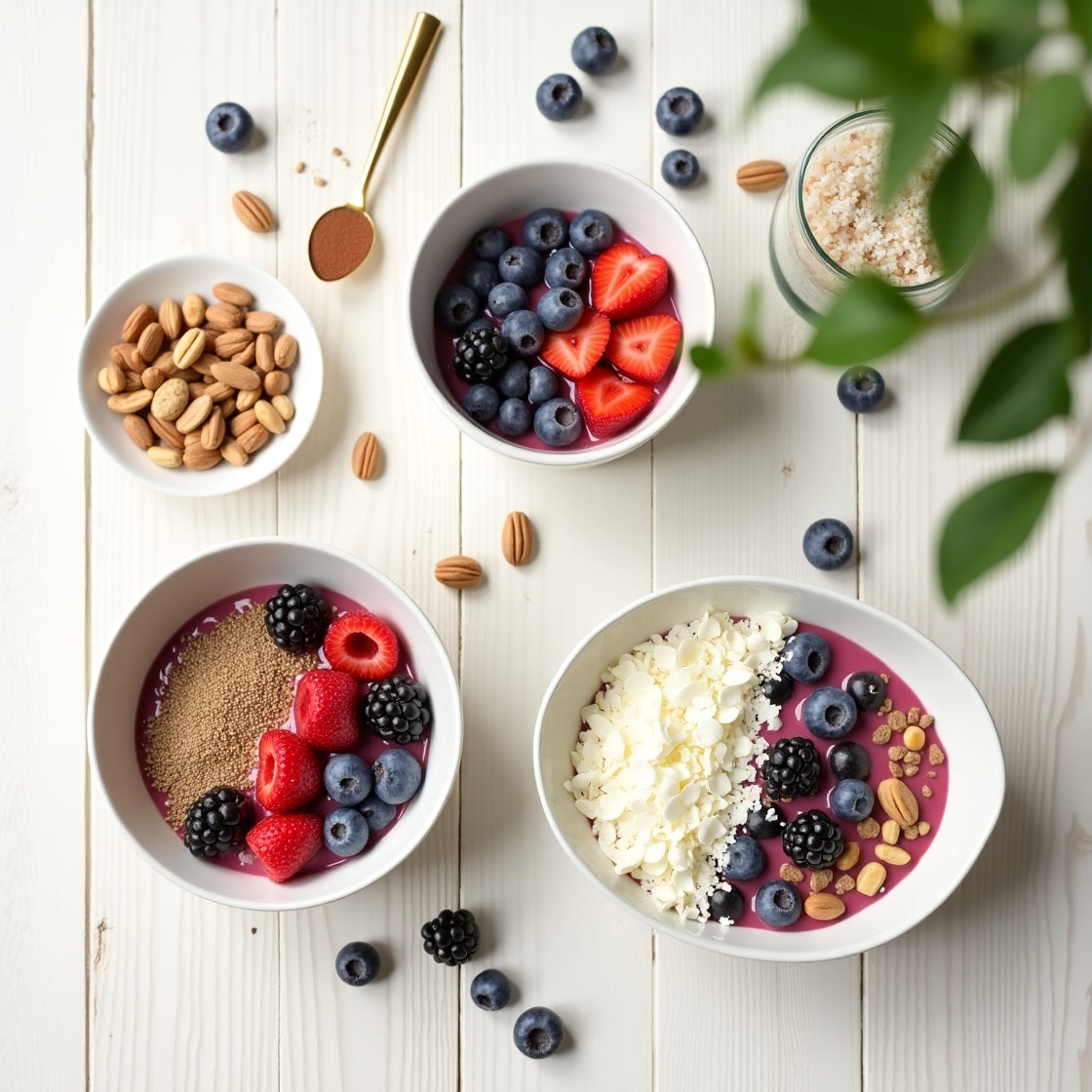In our Book of the Month section, we present a recommended book on the topic of healthy eating each month.
We've summarized the book briefly for you to give you a quick overview of its contents. If you enjoy this content, we recommend reading the entire book.
The Nutrition Compass by Bas Kast
Out of the jungle of nutrition myths
Chocolate makes you happy? Spinach makes you strong, and coffee dehydrates you? Who hasn't heard these and similar nutrition myths before they're too late? After all, around 250 new nutrition studies are published worldwide every day. To keep things interesting, more studies appear that claim the opposite. We stand in between, confusedly glancing back and forth between thesis and antithesis, no longer knowing what to believe, let alone what we can safely eat.
The same thing happened to Bas Kast, who indulged his curiosity as a science journalist, meticulously examining studies and meta-studies to finally bring clarity to the nutritional jungle. With The Nutrition Compass , he not only wrote an indispensable book on healthy eating, but also published an entire cookbook with recipes that are as healthy as they are delicious. The Nutrition Compass - The Cookbook takes us on an appetizing journey that guides you step by step in the right direction. At the finish line, health and a healthy weight await you, because healthy eating makes losing weight easy.
The enemy on the plate - how bad are fats and carbohydrates?
Most of us cringe at buzzwords like fat and carbohydrates. For years, we've been told that fat makes you fat and carbohydrates can cause diabetes. The argument rages between proponents of low-fat and low-carb, but they're simply asking the wrong questions. It's not about which is better: fat or carbohydrates. The only thing that matters is which fats and carbohydrates are beneficial and which are harmful to your health. Because if we look at the healthiest eating habits in regions where people live longer than average, we find something astonishing: In Okinawa, the Japanese island group of centenarians, the diet consists of around 85% carbohydrates. People who eat simple Mediterranean cuisine live a similarly healthy life. Behold, this consists of over 40% fat. Aside from the fact that every human digestive system is as individual as their personality, not everyone tolerates everything equally well or poorly. Find out what's best for you.
Make you slim or sick: Proteins and us
They are the basic substance of our cells and therefore essential for survival. Proteins also have the advantage of quickly filling you up and also help you lose weight faster. But even with proteins, there are "good" and "bad" types, which you can easily distinguish. Plant proteins, such as those found in legumes, are far more digestible than animal proteins from meat or eggs. Your body signals to you quite quickly when your protein intake is sufficient, because then you feel full.
However, if you primarily eat convenience foods or fast food, you'll notice that the feeling of fullness only lasts for a short time and you quickly feel hungry again. This is because these products contain little protein and a lot of unhealthy fats and carbohydrates, which provide your body with things it definitely doesn't need. Too much protein accelerates cell aging because the resulting overproduction leads to clumping within the cells. Furthermore, too much protein also promotes the growth of diseased cells, such as tumor cells. 15% protein in your daily diet is enough.
Sugar: sweet poison for teeth and cells
A wise Egyptian proverb sums it up: "A quarter of what you eat keeps you alive. The other three-quarters keeps your doctor alive." Sad but true, this wisdom applies today more than ever. Fast food and convenience foods hide sugar, or rather the often even more harmful artificial sugar substitutes, even in foods where we least expect it. People with insulin resistance are particularly at risk because their bodies have difficulty breaking down sugar. Instead of lowering blood sugar levels, which is insulin's actual job, insulin resistance causes them to remain consistently high. Thus oversupplied with energy, the body does not switch to "emergency mode," in which it normally taps into fat reserves, but instead stores more and more fat in the body. In addition, sugar promotes tooth decay, clogs arteries, can lead to diabetes, and increases the risk of cancer. What can you do? Cook your own food, replace sugar with natural honey, and eat a local organic apple for dessert instead of chocolate cake.
Saturated or unsaturated - what fats can do
Fats serve the body as energy suppliers, cold insulators, protection for organs and nerves, and are an essential component of cell membranes. In the brain, fat enables cells to communicate with each other and, as a type of insulator, ensures that the brain doesn't overheat. However, it is only unsaturated, preferably polyunsaturated fatty acids, that are healthy and beneficial. You can find them in nuts and seeds, as well as in many vegetable oils. Olive, hemp, and linseed oil are considered particularly healthy because they contain polyunsaturated fatty acids in a very good ratio. You can therefore consume these fats regularly with a clear conscience. Saturated fatty acids, such as those found in animal fat, palm oil, or butter, are very unhealthy. The consumption of trans fats, which are created when hydrogenated fats are heated, is particularly harmful. So, stay away from fries, chips, and the like. Here, too, it's better to cook your own food. The Nutrition Compass - The Cookbook will inspire you to enjoy good, healthy food.
What should we drink and do we need vitamin supplements?
We should also take a closer look at beverages. Many rumors circulate about coffee, milk, and alcohol, for example. Contrary to popular belief, coffee is actually healthy for the heart and liver; it's even said to have anti-aging effects. The same applies to alcohol, as long as it's consumed in moderation. As is so often the case, the dose makes the poison.
Milk, on the other hand, which our grandmothers considered particularly healthy, is now considered harmful for adults. While milk supports the growth of infants and children, regular milk consumption in adults causes the opposite: cellular aging.
Most juices you buy at the supermarket contain huge amounts of sugar or artificial sweeteners. Instead, opt for mineral water to avoid the sugar rush.
Vitamin supplements and dietary supplements should also be used with caution. It's better to maintain a balanced diet that provides you with all the vitamins you need.
Eat intelligently, but how?
In addition to balanced meals, intelligent eating is all about timing. Longer breaks between meals help the cells cleanse themselves. Many swear by the 16:8 rule, where you eat for 8 hours and not for 16. During the break, the body has the opportunity to cleanse itself. In biology, this is called autophagy. If you get used to this rhythm, you'll also learn to control yourself and, when in doubt, opt for a mini-fast rather than binge-eating on unhealthy junk food. Instead, take the time to pamper yourself with a homemade meal. This way, you know what's in it, can unleash your creativity, and be sure that it was cooked with love. Bas Kast has delicious recipes for you. The Nutrition Compass will guide you safely to your goal.
The Nutrition Compass reveals 12 tips for healthy eating
1.) Only buy foods with short ingredient lists
2.) Avoid sugar and trans fats
3.) Eat less meat and more vegetables and legumes instead
4.) Distinguish between good (unsaturated) and bad (saturated) fatty acids
5.) Low carb, i.e. largely avoiding carbohydrates, is not good for everyone
6.) Consume Omega-3 fatty acids
7.) If you want to lose weight, make sure you get enough protein
8.) In general, fish is healthier than meat (pay attention to its origin!)
9.) Yogurt and cheese are healthier sources of protein than milk
10.) Eat only within a time frame defined by you (intermittent fasting)
11.) Avoid vitamin pills & co.
12.) Enjoy what you eat, because enjoyment sweetens life.
Did you enjoy the content of our summary? If so, we recommend reading the entire book.
Order here on Amazon: The Nutrition Compass by Bas Kast
MORE BOOK PRESENTATION:
Healing with nutrition: Eat better – fast simply – live longer. The latest findings from research and practice


